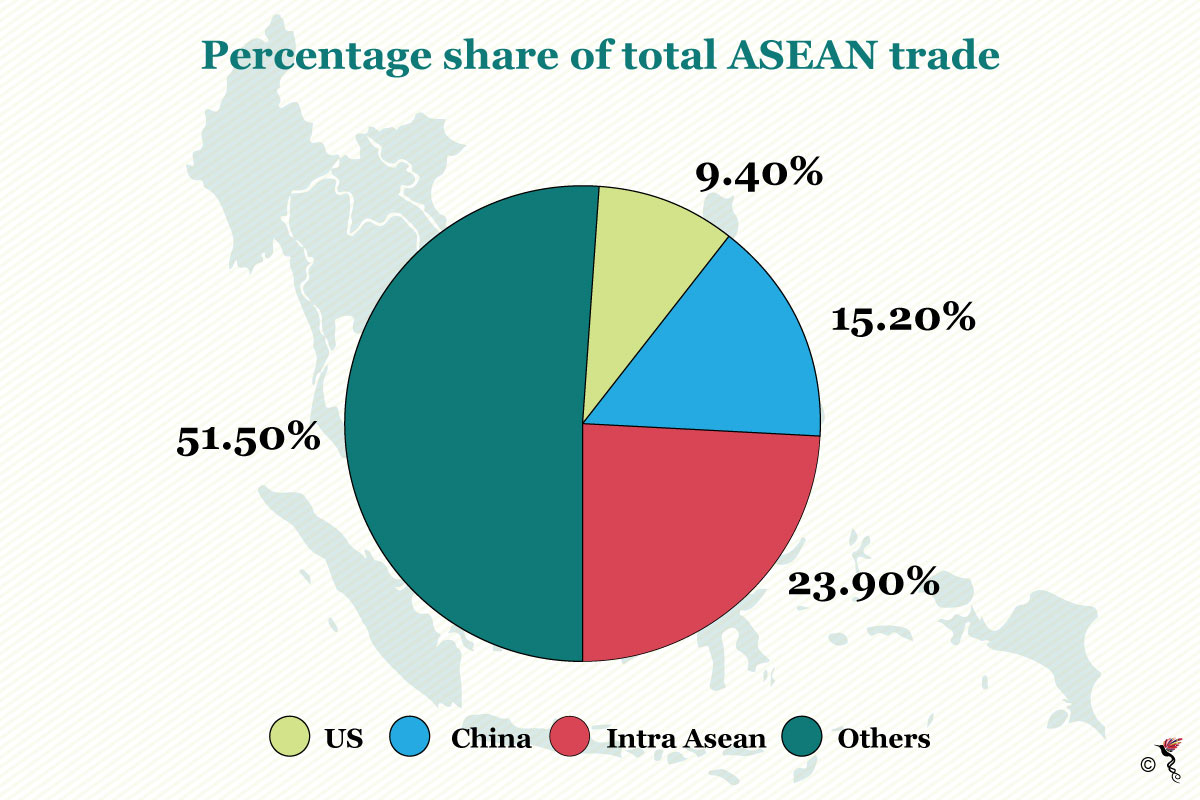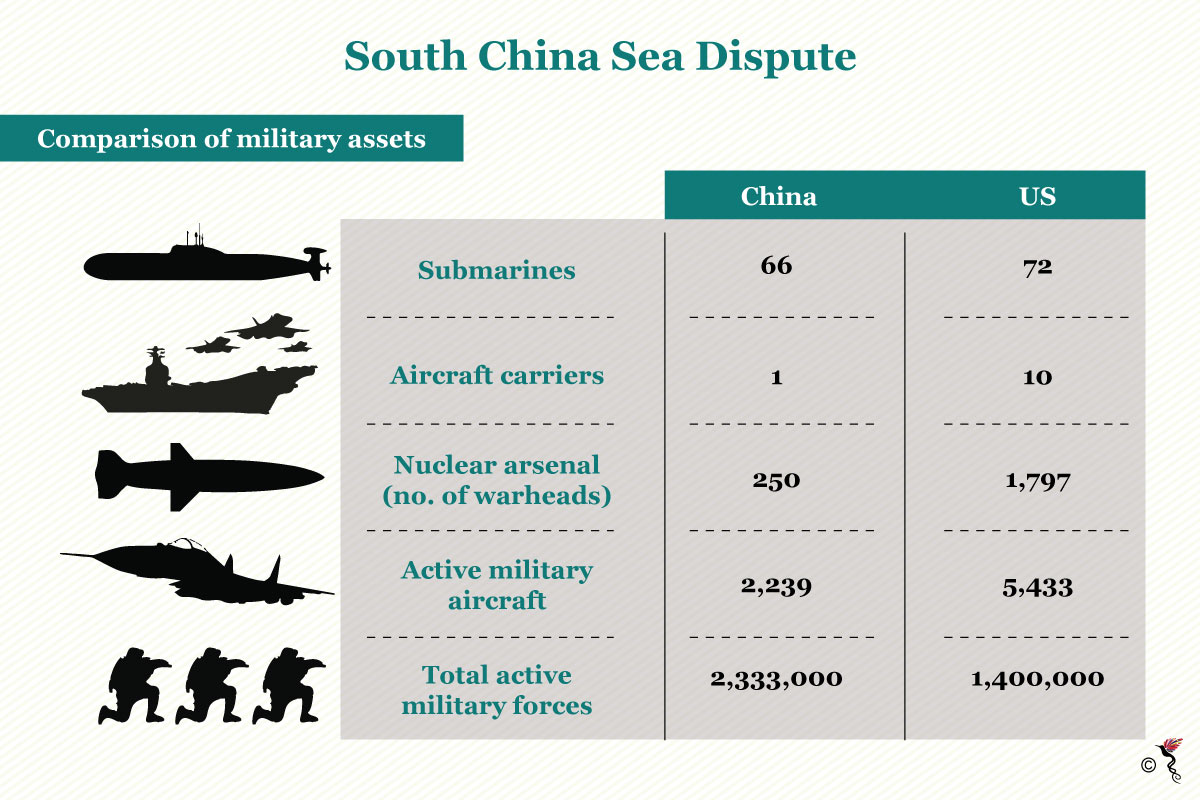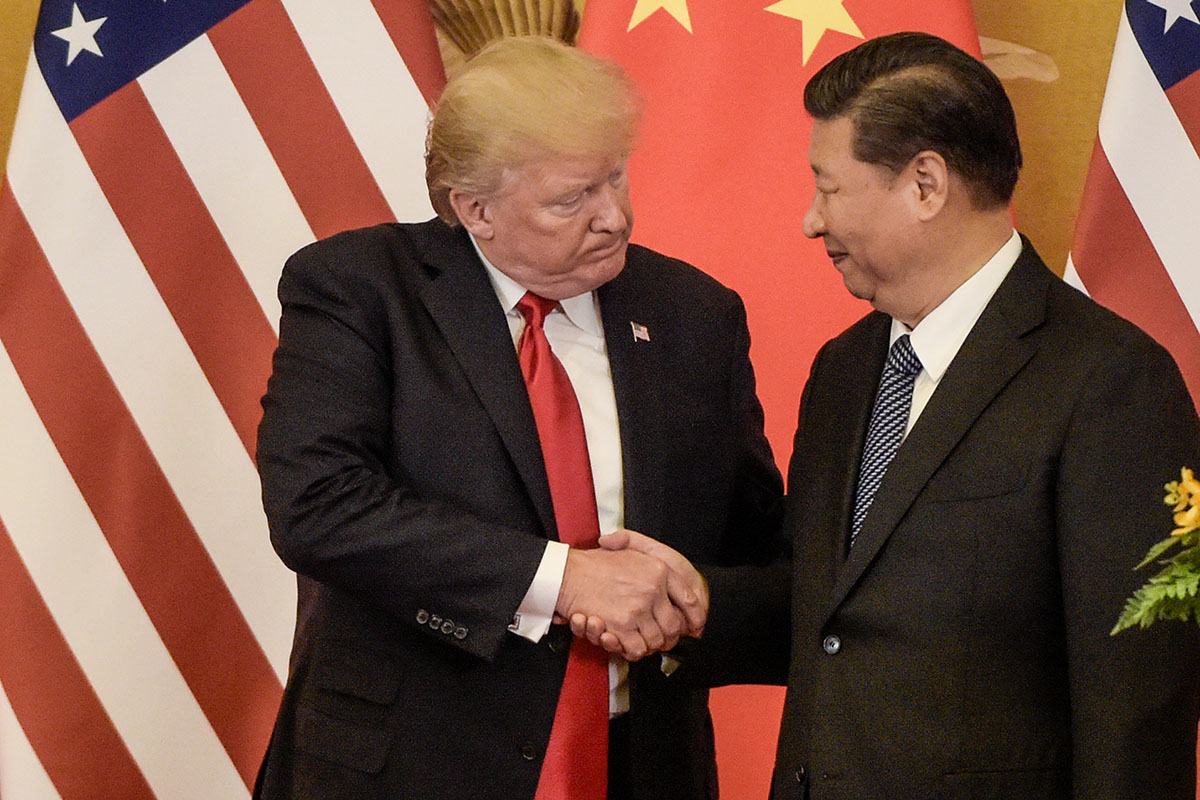US Presidents in the past have never been accorded the extent of Trump’s red-carpet treatment that he received when he arrived at China as part of his tour of Asia. The leader of the free world was greeted with pomp and splendour upon arrival in Beijing in what Chinese ambassador to the US, Cui Tiankai called, a “state visit-plus.”
In a press conference held after a two hour talk with Chinese President, Xi Jinping, Trump was full of praises for China – a far cry from his stance during the Presidential campaign trail where he lambasted the East Asian nation for “raping” the US economically.
However, Trump’s personal affinity towards Xi Jinping has done very little to erase the reality of Sino-US relations – that there will always be a mix of rivalry and cooperation between these powers.
“I don’t think the purported personal chemistry between Trump and Xi would lead to anything significant,” opined Shahriman Lockman, Senior Analyst of the Institute of Strategic and International Studies Malaysia, adding that, “hyperbole is inherent in meetings at the leadership level.”
Such a dynamic is useful for the continued prosperous existence of the Association of Southeast Asian Nations (ASEAN). One of ASEAN’s major roles is to be manager of power relations – between its member states and the likes of the US and China – to ensure the region does not become a theatre for major power rivalry. Hence, with the US and China relatively wary of one another, ASEAN will continue to play an integral role in the rubrics of regional power politics.
“I think ASEAN’s goal is to try to manage major power relations with Southeast Asian countries in a way that gives Southeast Asian states more influence and autonomy in relation to these major powers. Hence, closer relations between China and the US under the Trump administration, even if real and not just rhetoric, will not replace this ASEAN function,” Senior Fellow of the ISEAS-Yusuf Ishak Institute, Dr Malcolm Cook told The ASEAN Post.
The stumbling block for the US is economic protectionism which cannot flourish in a region reliant on free trade and multilateral cooperation to prosper. In light of Trump’s “America First” rhetoric many ASEAN members have turned to greener pastures which remarkably comes in the form of Chinese economic development aid.

Percentage share of total ASEAN trade.
It is easy to then conflate this trend and assume that US leadership and influence in the region has waned. While protectionist behaviours will not win the Trump administration brownie points with ASEAN, trade is only one half of US policy in Southeast Asia – the other being, providing a security guarantee to ASEAN members.
The US still maintains a significant military and naval presence within the region, often to the ire of China. During Trump’s trip to Asia, the US, Japan and India held trilateral naval exercises in the Sea of Japan, which is something that would have definitely caught China’s eye.
“There’s no reduced US presence. If we go by the sheer amount of military activities carried out so far, it’s clear that the US Navy has increased the tempo over time. The same would apply to the US Pacific Air Forces,” Collin Koh Swee Lean a naval affairs expert at the Rajaratnam School of International Studies told The ASEAN Post.
A key struggle within the region is against Beijing’s sweeping claims to the South China Sea dispute. US involvement in the dispute is much welcomed by ASEAN member states especially those involved in the dispute. It serves as a key military counterbalance towards Beijing’s assertiveness especially since China has started reclaiming land and militarising several islets and reefs in the disputed waters.

Military assets comparison between US and China.
Against the backdrop of a rising China and a protectionist America, friendlier ties between Trump and Xi will not negatively impact ASEAN’s relevance within the regional security architecture. ASEAN should continue to do what it does best – moderate the competitive elements in Sino-US relations, thus helping preserve the balance of power within the region.
Recommended stories:
